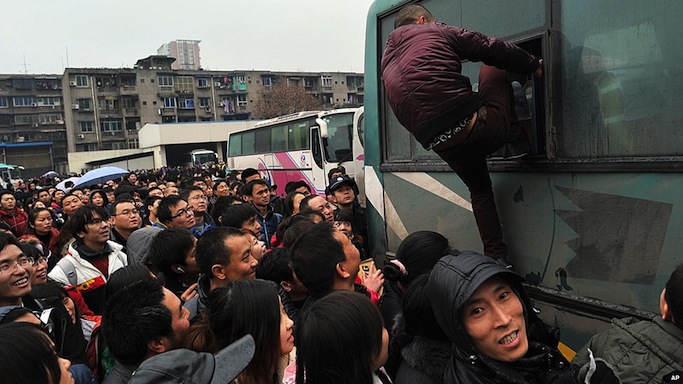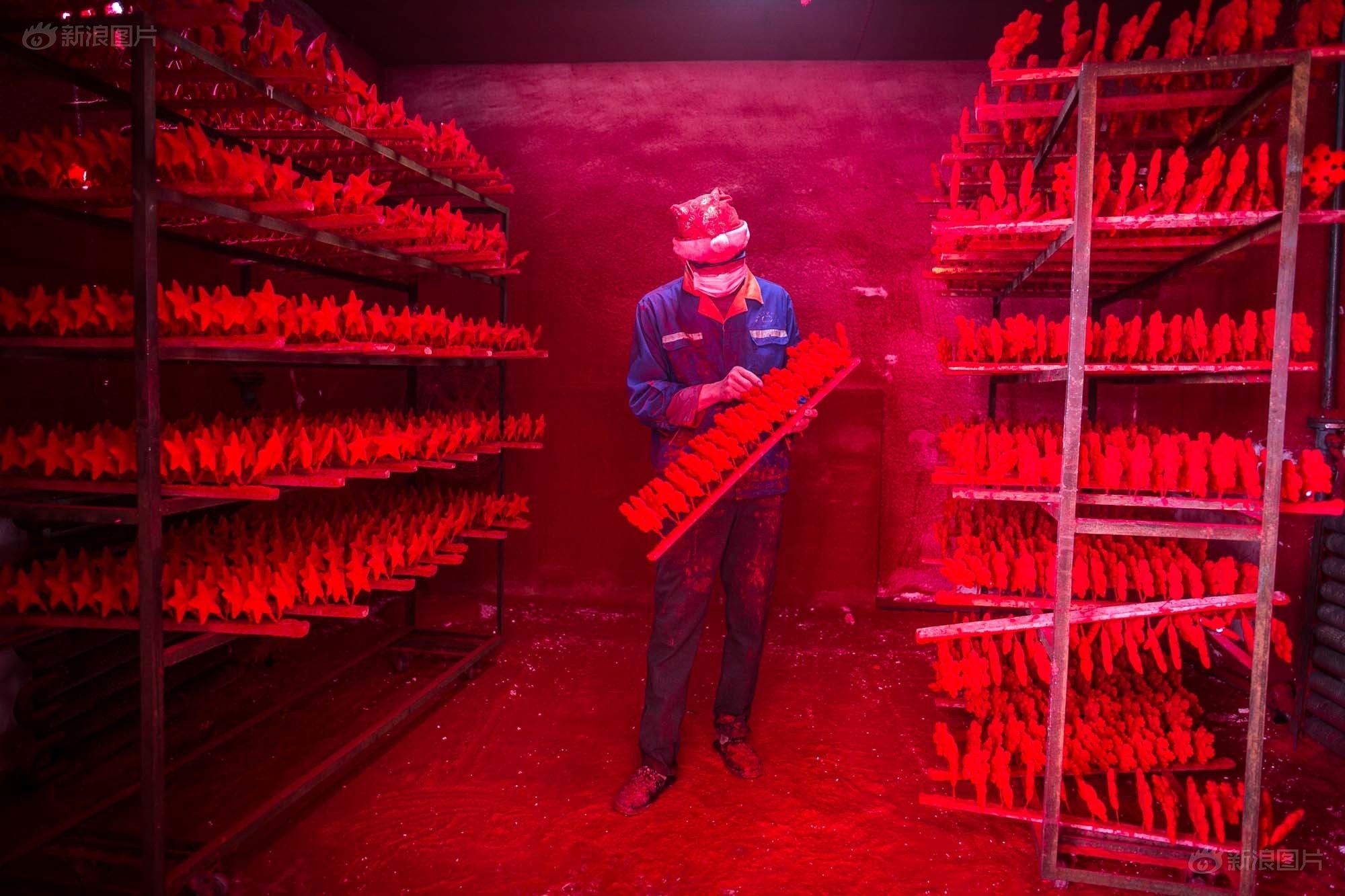By Aelred Doyle
When we first meet Dunhuang, he’s walking out of prison after serving three months for selling pirate DVDs. He’s got swagger, but it is tinged with guilt. His partner in crime, Bao Ding, had taken the fall and faces a much longer stretch inside. Still, things are looking up.
But what now? He wanders the streets of Beijing and strikes up a conversation with Xiaorong, another DVD seller. They end up sharing a meal, then a bed. A good start to a life of freedom, but in Xu Zechen’s novel, Running Through Beijing, nothing stays good for long. The girl has a boyfriend, one who she is impatient to marry and return to her hometown with.
Dunhuang slips back into his old business and, after a farcical confrontation, starts working with Xiaorong and her boyfriend. Figuring out how to reach local university students for stable repeat business, Dunhuang starts making reasonable profit when he risks adding porn to his DVD collection.
But throughout the opening sections our tormented protagonist is also searching for Qibao, a girl who the imprisoned Bao Ding has implored him to check on. Having only met her once and remembering only her attractive figure, he is unsure how to find her again. Xu dryly channels Tolstoy as Dunhuang wanders the city looking at bottoms: ‘‘The unpleasant ones were each unpleasant in their own way, but the nice-looking ones were more or less similar.’’
Eventually he tracks her down and another affair soon begins. Shouting and sulking punctuate bouts of lovemaking and drinking. The relationship marks Running Through Beijing as the latest dispiriting Chinese book in which people are unable to have calm conversations about their problems. The moment any character feels threatened or unsteady, they turn straight to shouting and bravado.
Such volatility is not a recipe for a happy life. But then this book in not about happy living – it’s about doing what is needed to survive. Dunhuang had a decent enough education and is not portrayed as intellectually inferior to the university students he sells to. But he’s a trickster by nature, his path contrasting with his erstwhile lover Xiaorong’s desire to simply get home with some savings.
Qibao, too, must earn money, though in some sense she has already given up. She's only in her twenties – as most of the people in the book – which helps explain some of the characters’ decision-making. It’s striking just how worn-down some of them already feel. Ironically, the most positive person in the book is Bao Ding, who lingers behind bars (‘‘Just concentrate on making money... remember, whatever happens, don’t let it get to you’’).
It is the guilt Dunhuang feels toward Bao that forms the most corrosive force in the book. Qibao is right to mock it: ‘‘Because of you? It’s because of money! Anyone who does our work is going to jail eventually, it's just a matter of time.’’ The book resists heavy, jumped-up conclusions.
And then there’s the other presence in this novel: Beijing itself. Here it is a city of baleful weather – sandstorms, wind that pierces, and the kind of cold to send you scurrying into a hot pot restaurant. It is a city where someone’s always trying to cheat you but is inhabited by kind words and acts of generosity, too. There is a moment late in the book where Dunhuang visits a massive distribution center filled with DVDs and realizes just how small-time he is; Beijing can do that too.
The unrelenting grit of Xu’s tale serves to remind us that real life is not a story, but a succession of uneasy solutions. And even though he tops and tails the story neatly, the book’s most interesting aspect is how little sense of inevitability Dunhuang faces in between. He was initially incarcerated because he misjudged how fast the cops could run, not because of any particular flaw of character; the trajectory of his life in the weeks that follow seems equally random.
Running Through Beijing is a stirring, swift read about people who sweep through the streets of Beijing like the sand blown from afar. It too, seems to skim along the surface. But there’s an appetite for freedom running through its pages, rarely articulated but ever present. When Dunhuang visits prison, he hears the ‘‘vegetable-chopping’’ sound of prisoners marching in step. He had never heard it before, having only been one of the inmates himself. “You only ever heard one thing: either silence, or chopping.’’






















0 User Comments